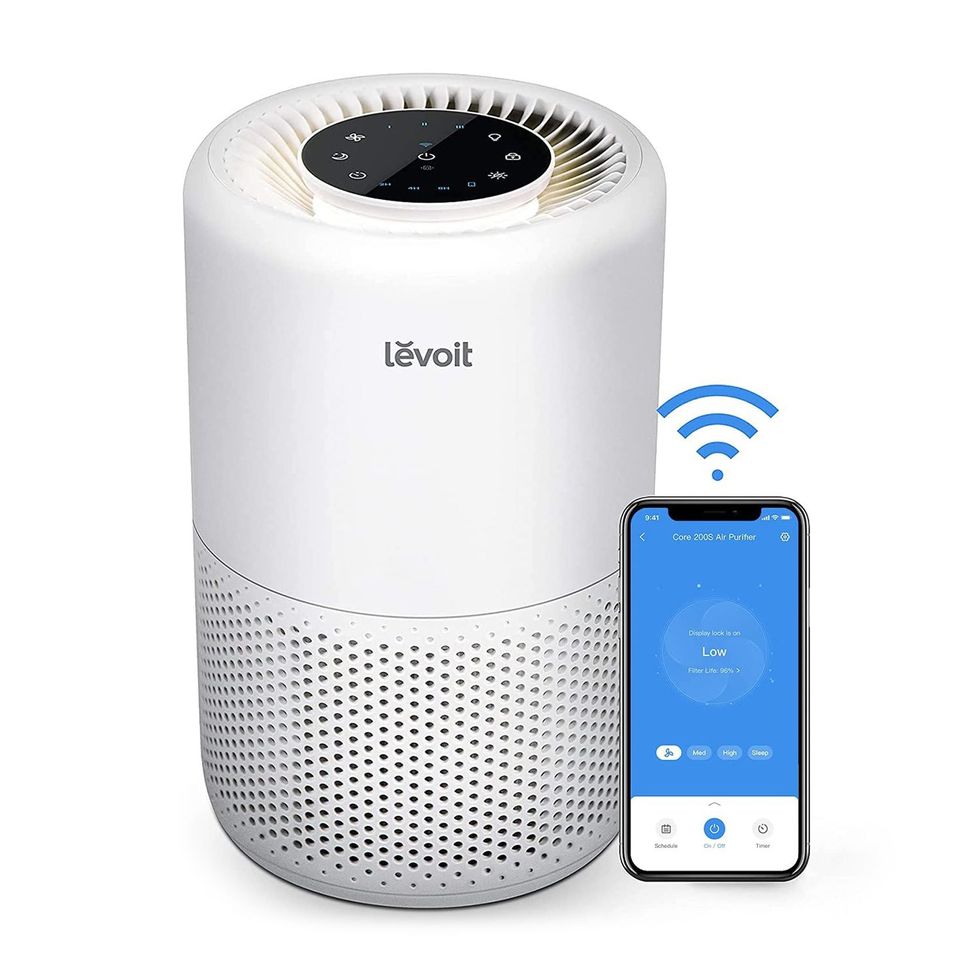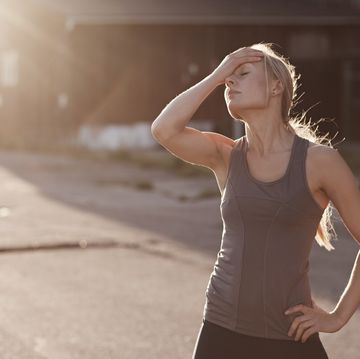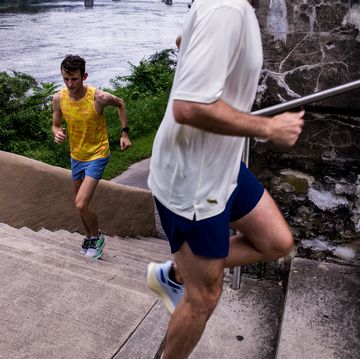We earn a commission for products purchased through some links in this article. Why Trust Us?
The 8 Best Air Purifiers for Allergy Sufferers
These filtering systems are designed to remove harmful allergens from the air, allowing you to breathe and sleep easier.

Whether you suffer from seasonal allergies or year-round sniffles from mold, pet dander, and dust inside your home, this can have a serious effect on your physical and emotional health. If you’re tired of the constant runny nose and poor sleep, you may want to consider purchasing an air purifier for allergens, dander, dust, and any other pollutants in the air in your home.
These handy household machines can make a big difference in the air quality in your environment, whether that’s a bedroom, bathroom, or living room. However, they’re not cheap—in most cases, that’s because the quiet technology and high quality filters can be expensive—but if you can breathe and live better, then it’s probably worth the investment.
Here are the best air purifiers for allergies, along with our advice to consider while you shop.
Best Air Purifiers for Allergies
What to Consider
How Many Air Changes Per Hour Do I Need?
The most important factor to keep in mind when choosing an air purifier is whether or not it effectively processes the air in your space. Larger spaces need more powerful machines, while smaller rooms, like bedrooms or nurseries, can get away with more compact options.
Since brands use different cycle times and room sizes to advertise their maximum coverage, it can be challenging to compare one against the other. Use ACH, or air changes per hour, to compare models—this represents the amount of times per hour all of the air a room of a specific size is filtered through the purifier.
The recommended ACH can vary, but we recommend between two and five air changes per hour—that’s a full air change every 12–30 minutes, roughly. For instance, our best overall pick, Levoit’s Core 200S, filters all of the air in a 183-square-foot room five times per hour. That means the air purifier has ACH 5 in a medium-sized room, ACH 5+ in a smaller room, and ACH 4 or less in a larger room.
Some product listings state the air purifier’s ACH for various room sizes to help you decide. In this article, we list the ACH for the intended room size so you can easily compare recommendations.
Do I Need a HEPA Filter?
Yes, you should pay attention to the type of filter your air purifier uses. The CDC, as well as numerous other health organizations, recommends HEPA filters, or high-efficiency particulate absorbing filters, for the triple-layer design that captures up to 99.97 percent of particles in the air.
HEPA filters can capture allergens as small as 0.3 microns in size, which makes them even more important for those looking to ease seasonal or pet allergies. There are some air purifiers on the market that don’t use HEPA filters, which we only recommend if the filter is three layers thick and manufactured by a reputable company we trust.
What Else Can My Air Purifier Do?
In addition to filtering pollutants and unwanted contaminants from the air, some air purifiers come fit with special features to make your home even more comfortable.
If you’re hoping to kill bacteria and viruses—rather than just filtering them out of the air—opt for an air purifier with UV technology, like this TruSens model we recommend. Some have special features like added filters for scents or pet dander, automatic control settings, remote controls, and smart air quality detection.
How We Selected
Since we curated this list specifically for allergy sufferers, we paid close attention to the type and effectiveness of the filters included in these models, noting any that had scientific evidence backing up their stated efficacy. To evaluate our options even further, we also combed through customer reviews to get an idea of how they actually performed in real-world settings. It was also important to us to provide a wide range of coverage options, so regardless of the room you plan on using it on, you can find a purifier that lets you breathe easier.
Casey Clark is a freelance journalist who specializes in beauty, health, and style-related commerce content. She graduated from Hofstra University with a degree in journalism. Her work has been published in Women's Health, Forbes, Better Homes & Gardens, and more.

Alex Rennie is a freelance writer who specializes in the Home Improvement, DIY, and Tool space. As a former residential and commercial carpenter, Alex uses his hands-on experience to write practical buying guides, how-to articles, and product reviews. His work has also appeared in Business Insider's Insider Picks, and before his writing career, he was a full-time carpenter living in New York City. There, he worked as part of a team designing, building, and installing large furniture pieces, as well as performing a variety of home repair and maintenance projects. Alex currently lives in Los Angeles, CA, and spends his free time exploring the beaches and mountains with his fiancé and their dog Louie.
Watch Next

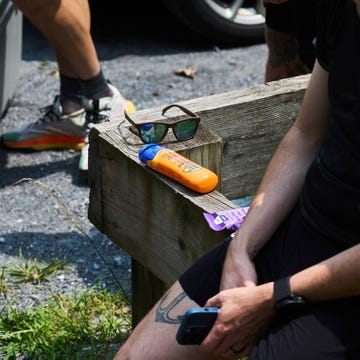
Does Sunscreen Expire?
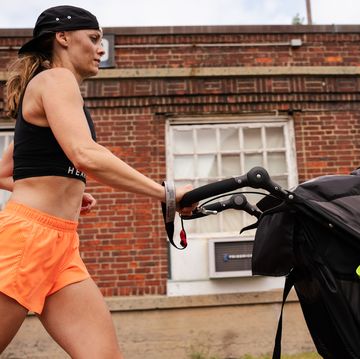
Breastfeeding Runners Face Risk of Bone Injuries

The Link Between VO2 Max and Cancer Risk
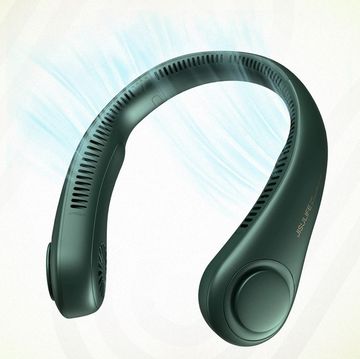
The 5 Best Neck Fans for Staying Cool on the Go
